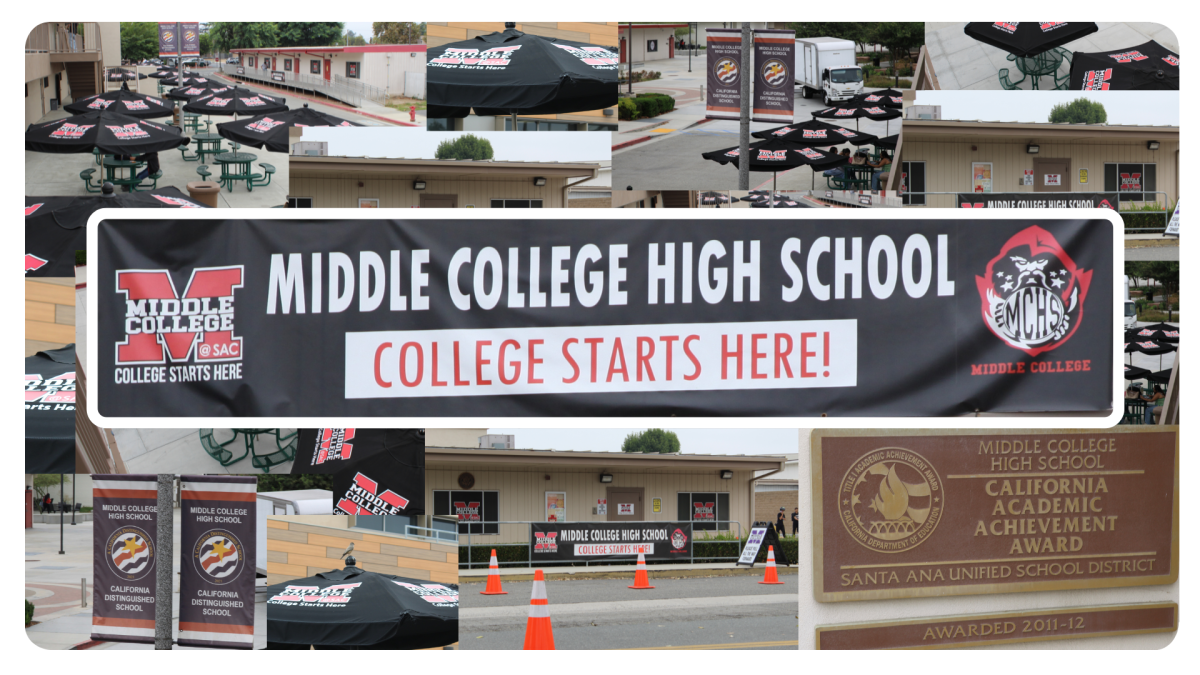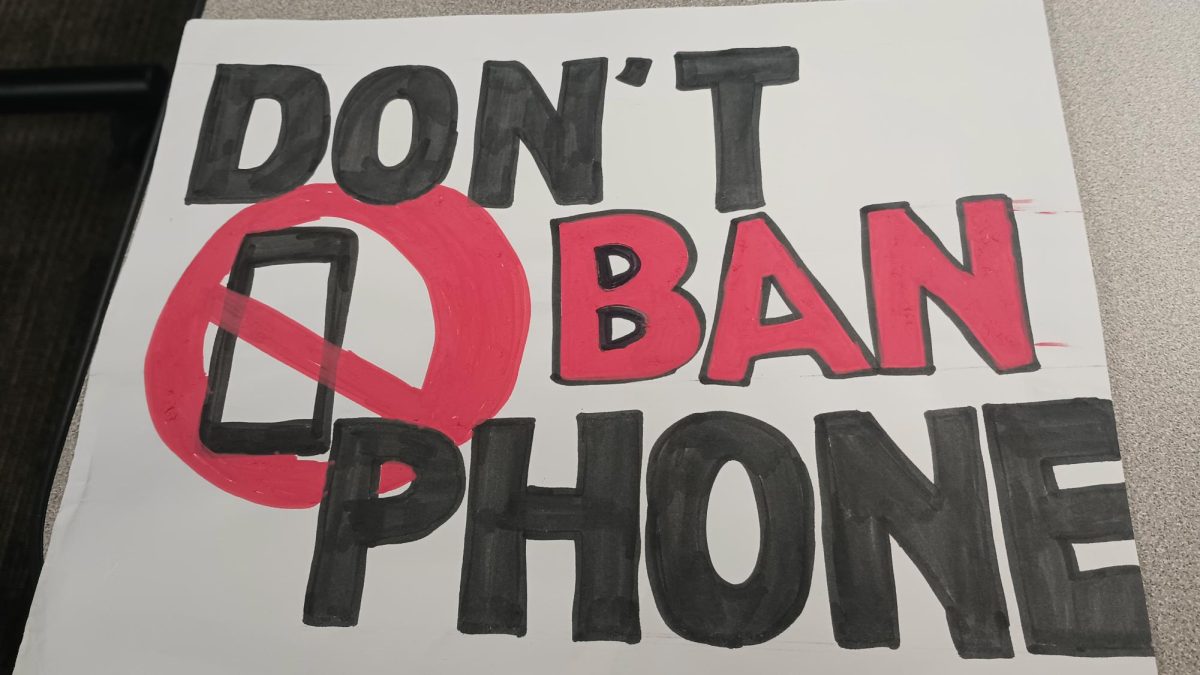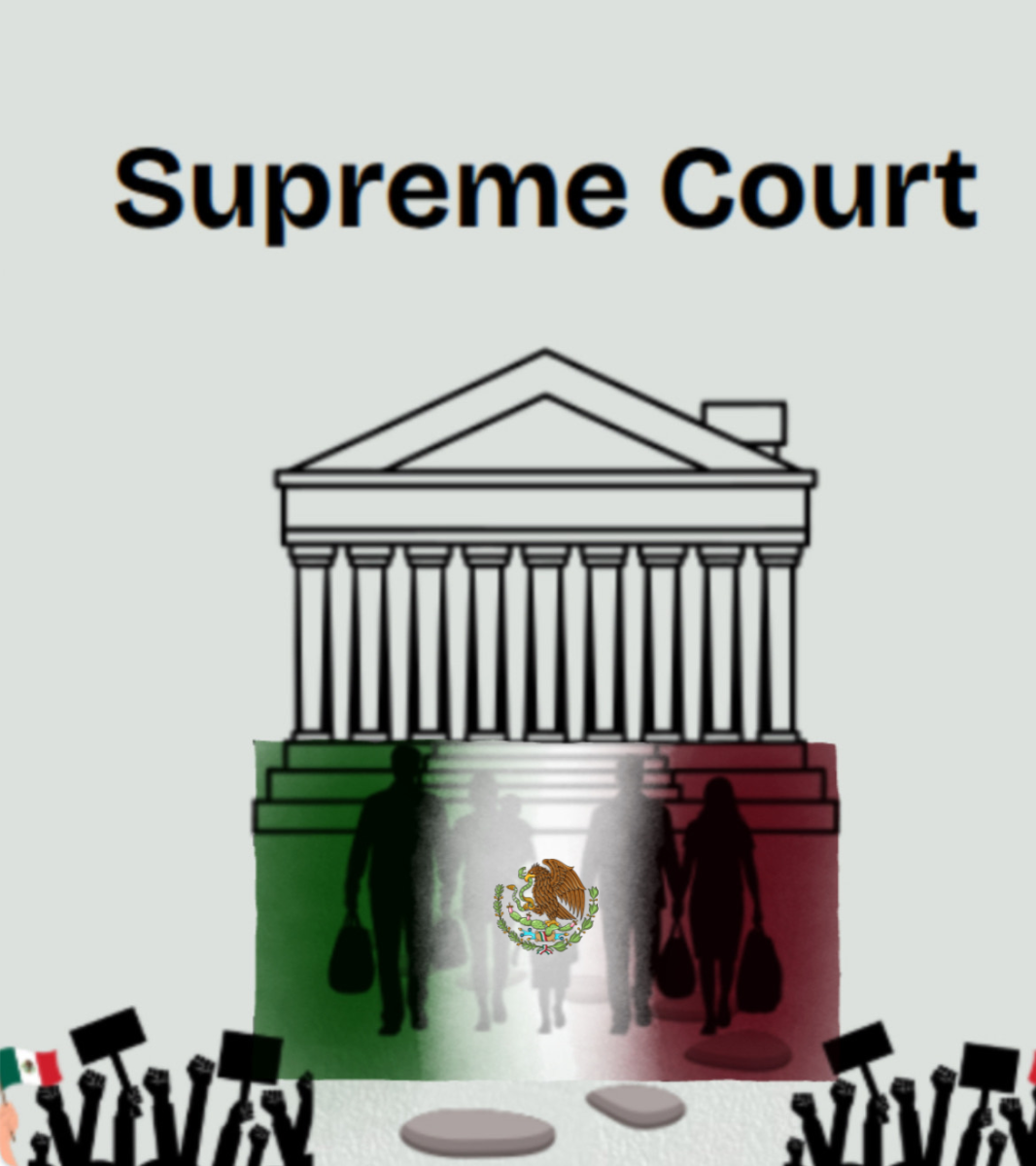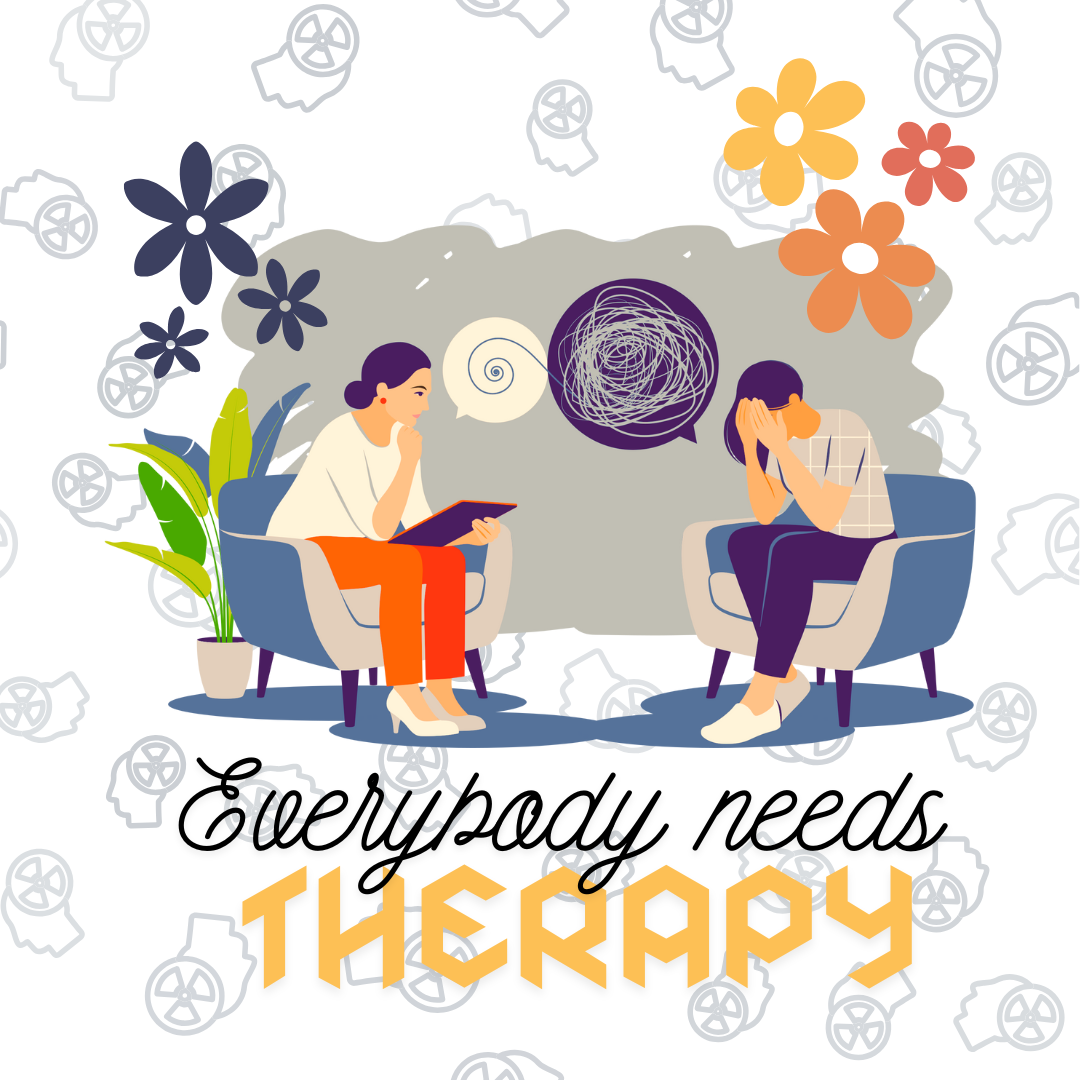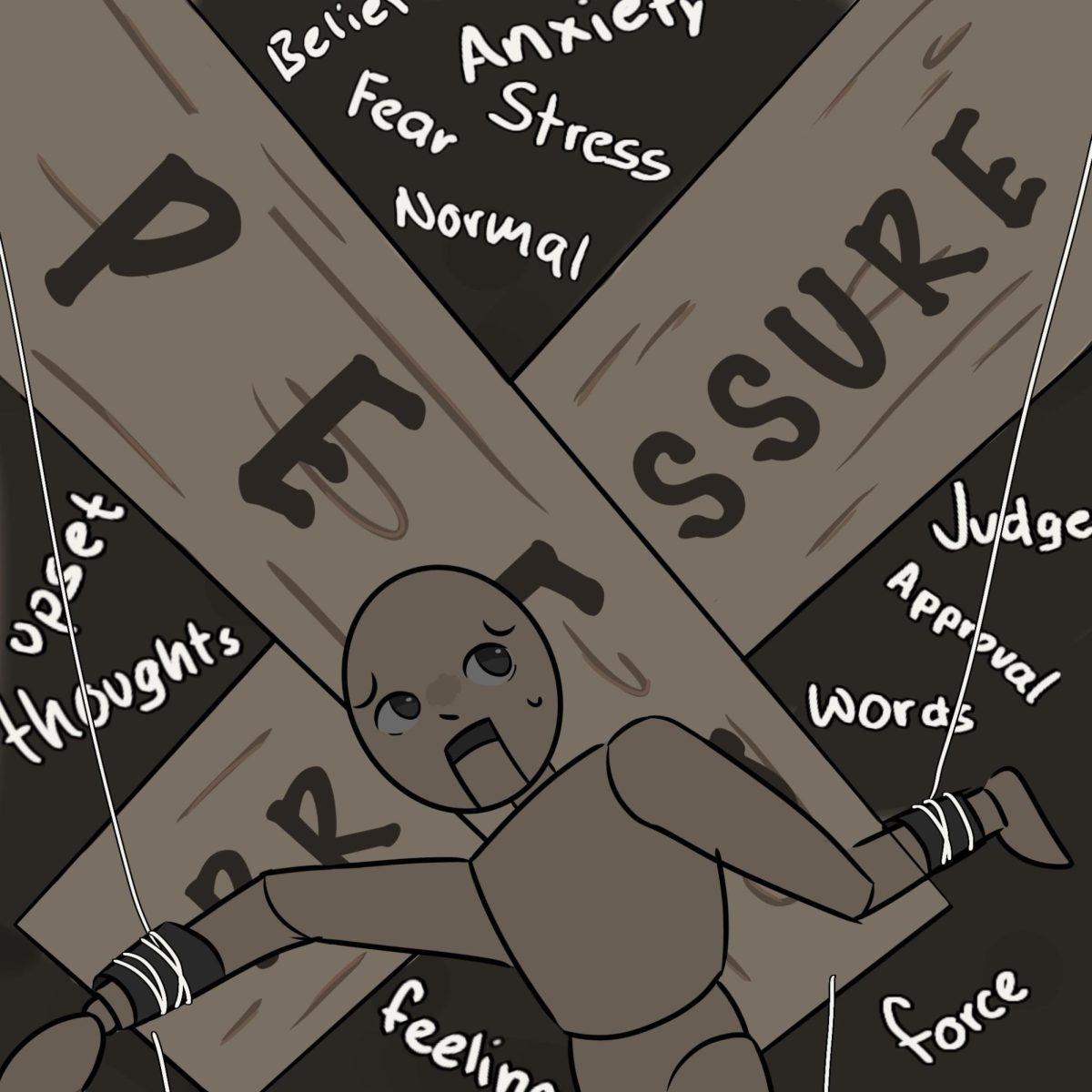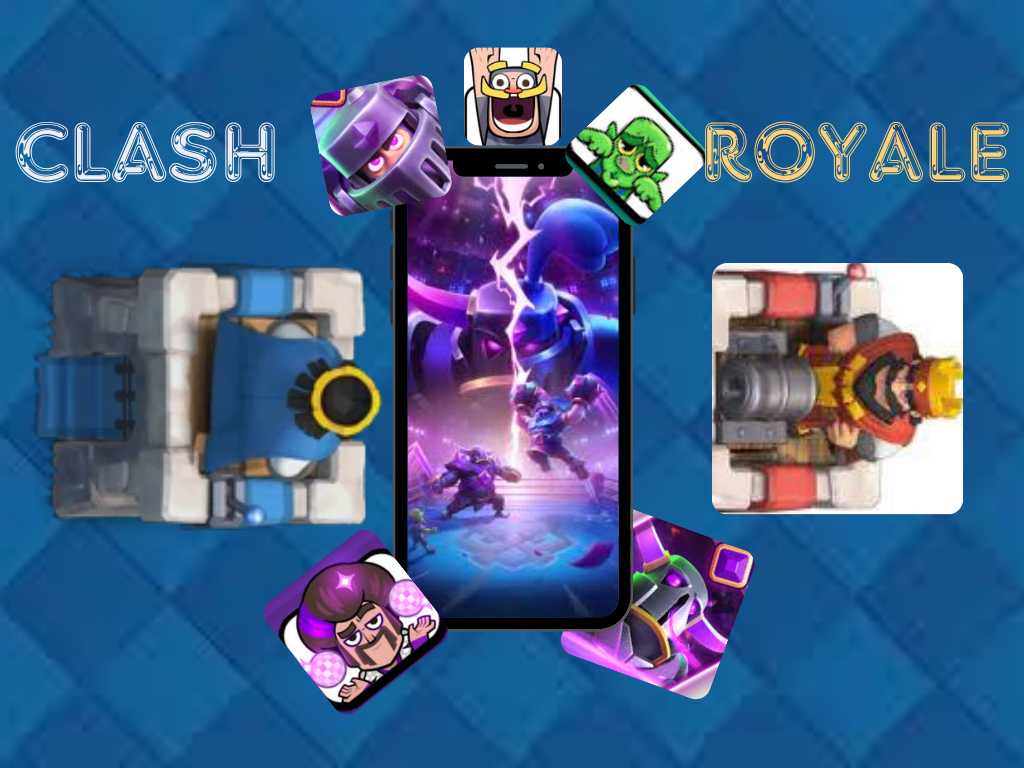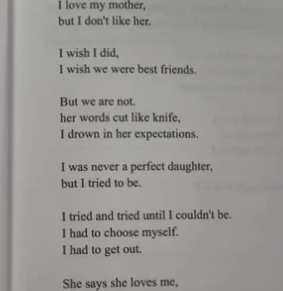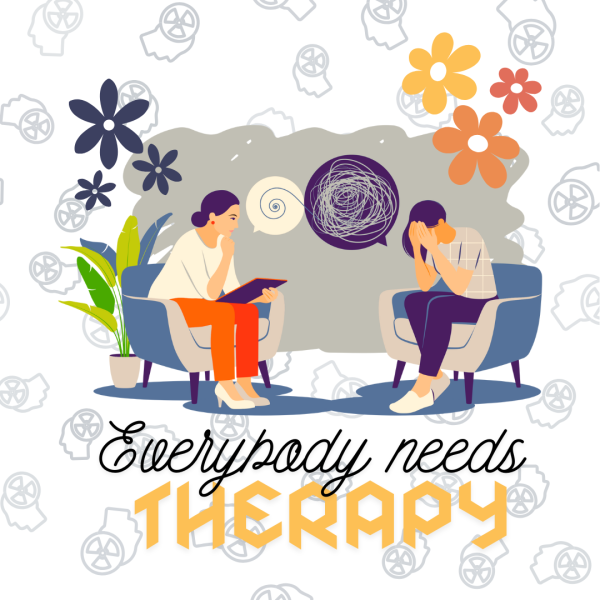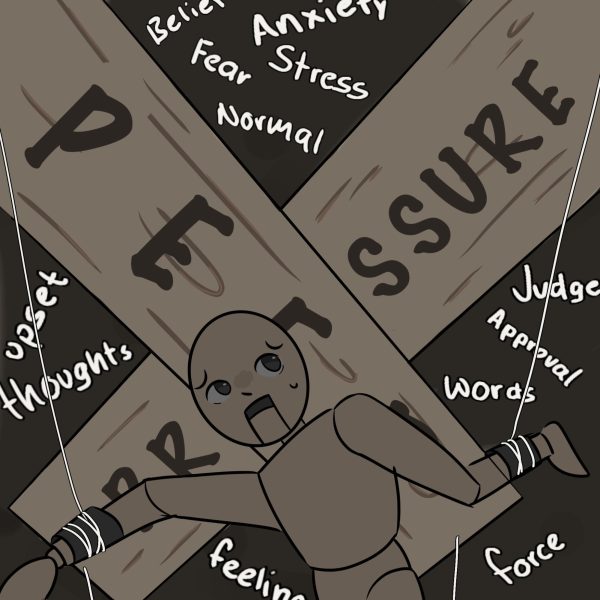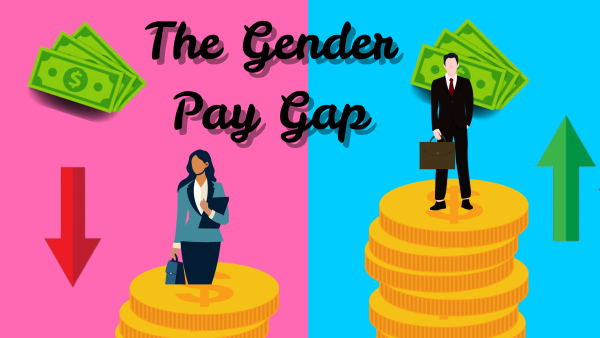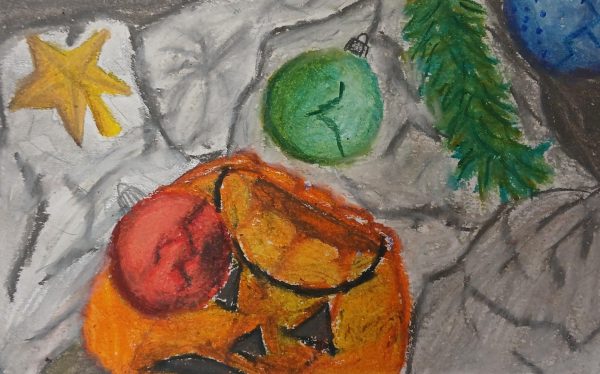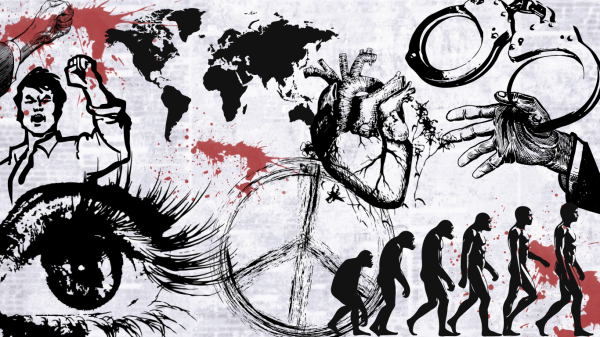Microaggressions in tv
While watching popular television shows, racist references and stereotypes are very commonly shown. The inclusion of race-based characters in T.V. has become a form of comedy that everyone is now used to. Stereotypes that are common in society are publicized for laughter’s sake, which offends many people across America.
Take for example one of America’s most popular television shows: “The Simpsons.” After airing for almost three decades, the show has captured the hearts of its audience through its use of light-hearted comedy. The show includes a variety of stereotypes, from a chubby cop who loves doughnuts to an Italian restaurant owner who happens to also be in the mafia.
The most controversial character in “The Simpsons” must be the Indian convenience-store-owner Apu. The character’s stereotyping of Indian people began in the early 2000s when Apu was first introduced. As an underrepresented minority, many Indian people took offense to the fact that Apu is voiced by a white male rather than an Indian one.
Known for his distinct “Indian accent,” there has been concern that Apu’s voice is highly unrealistic. Not only that, but the Indian community has spoken up about how Apu’s character depicts an unnecessary amount of negative stereotypes.
The idea that all Indian people are poor but happy is a trademark of Apu. This is shown in the fact that although he has a low-paying job, he is always willing to help his customers with a smile on his face. He is stuck working at a convenience store because he was never able to finish his education. In addition to his wife and eight children, he is made fun of by citizens of Springfield, the setting of the show. His biography consists of no major accomplishments, which strikes an issue among people of Indian culture.
Apu is portrayed in “The Simpsons” with several catchphrases, but “don’t have a cow” offended people on a national level. The stereotype that Indian people worship cows is a deep-rooted and false idea. They worship of cows centuries ago is still used against people of India today. People of Indian culture were highly offended at the remark, but once again the subtle racism is taken as a comedic gesture.
Apu is not the only issue. ABC’s hit show “The Bachelorette” has also publicized subtle racism. It took 12 seasons to finally nominate a Black woman for the position. As a strong African American woman, bachelorette Rachel Lindsay wedged her way into the heart of America. However, many scenes were displayed in the show where the contestants made derogatory marks towards her.
The New York Times explained scenes from the show: “Before its official kickoff, in a sort of televised tailgate party, the bachelorette, Rachel, met a few of her suitors. One was a sweetie named Dean, who told her that he was “ready to go black,” as if he were preparing to head deep into outer space… Lee (another contestant who participated) showed another concern. His interest in Rachel went only as far as robbing other contestants of time with her. His primary targets were the other black men on the show … Lee tarred his black opponents as scary and violent.”
Though shows like the ones I’ve described blatantly promote racism, we as an audience deem them as acceptable. There is no proven reason as to why the inclusion of racist references is viewed as acceptable. In a progressing society, there should be no reason as to why we continue to let it continue. It is our job to make a change.
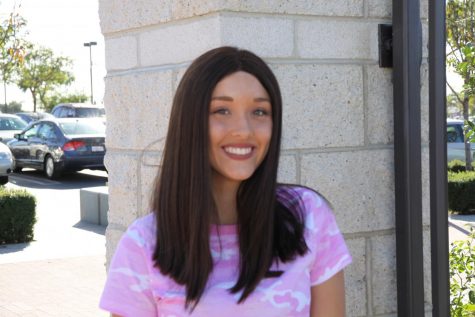
Fun Facts:
I have surfed since I was six years old.
I am terrified of flies.
I love playing the piano.


